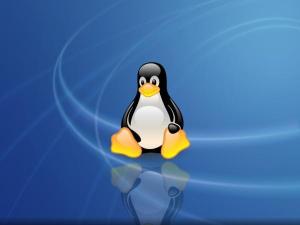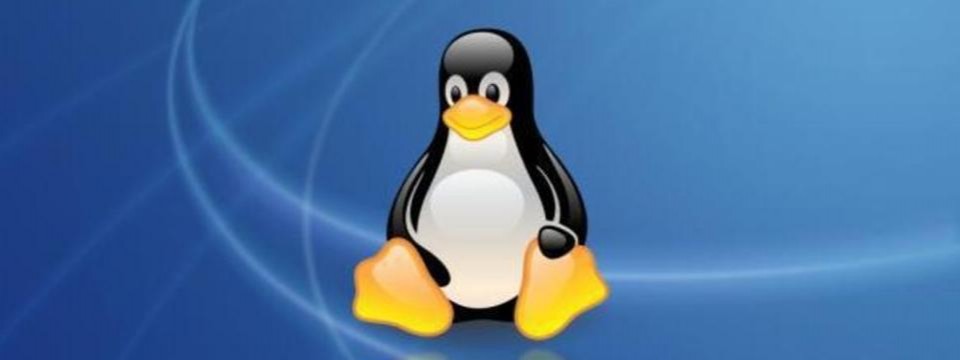 German Parliament Says No to Software Patents
German Parliament Says No to Software Patents
The German Parliament last month took a huge step that would eliminate software patents when it issued a joint motion requiring the German government to ensure that computer programs are only covered by copyright. Said another way: in Germany, software cannot be patented.
The Parliament’s motion follows a similar announcement made by New Zealand’s government in May 2013.
This is a welcome trend. Though there have been many proposals to limit the harmful effects of patent trolls in the United States, these have failed to stop the flood of software patents. However some countires are taking bold action.
The essence of the German Parliament’s motion rests on the fact that software is already protected by copyright, and developers are afforded “exploitation rights.” These rights, however, become confused when broad, abstract patents also cover general aspects of computer programs. These two intellectual property systems are at odds. The clearest example of this clash is with free software.
The motion calls upon the government “to preserve the precedence of copyright law so that software developers can also publish their work under open source license terms and conditions with legal security.” The free software movement relies upon the fact that software can be released under a copyright license that allows users to share it and build upon others’ works. Patents unfortunately iobstruct the growth and deployment of free software.
The German Parliament did make some exclusions where software could be patented and provided the following example of a computer program that could be patented:
“the computer program serves merely as a replaceable equivalent for a mechanical or electro-mechanical component, as is the case, for instance, when software-based washing machine controls can replace an electromechanical program control unit consisting of revolving cylinders which activate the control circuits for the specific steps of the wash cycle”
This allows for software that is tied to (and controls part of) another invention to be patented. In other words, if a claimed process is purely a computer program, then it is not patentable.
The motion concluded by calling upon the German government to push for this approach to be standard throughout the European Union.

Pingback: FRAMINS CONSULT | Economist : How Much Is Being Held Back By The Patent System?
Pingback: Devon and Cornwall GNU/Linux User Group » Germany says NO to software patents
Pingback: Germany says NO to software patents | Devon and Cornwall GNU/Linux Users Group